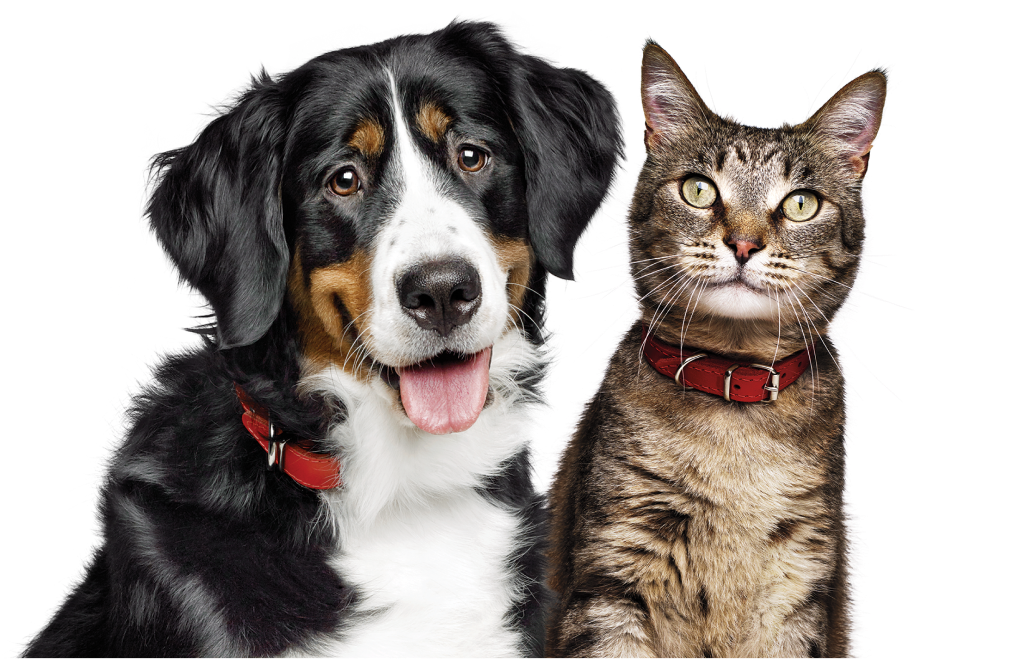German Spitz dogs are intelligent, lively, and highly adaptable. They are known for their outgoing nature and tend to form strong bonds with their family. They are naturally curious and make excellent watchdogs due to their alertness. They have a confident and assertive personality.
German Spitz are generally easy to live with. They require a moderate amount of exercise and mental stimulation. Daily walks and interactive playtime are essential to keep them happy and prevent behavioural issues. They are well-suited to apartment living as long as they receive adequate activity and attention. Grooming needs include weekly brushing and occasional baths.
Recommended Diet:
Puppy: Hill's Science Diet Puppy Medium Breed Dry Dog Food
Adult: Hill's Science Diet Adult Medium Breed Dry Dog Food
Mature: Hill's Science Diet Adult 6+ Senior Medium Breed Senior Dry Dog Food
German Spitz, in both Mittel and Klein sizes, are descended from the Nordic dogs of Central Europe. First references of the Spitz can be found in 1450 when Count Eberhard Zu Sayn of Germany, spoke of German Spitz as great defenders of homes and land.
The breed originated commonly in Pomerania (a historical region between Germany and Poland). They were originally used as watchdogs by farmers, fisherman and traders, using their high-pitched alarm bark to call attention to anything out of the ordinary.
Over the years, German Spitz gained popularity throughout Europe, and are beginning to gain popularity in America and Australia. Today they are cherished for their companionship, their charming looks and delightful personality.
Health Concerns:
A generally healthy breed, the German Spitz have an expected lifespan of 13-15 years. There have been some reported cases of PRA (Progressive Retinal Atrophy), RD (Retinal Dysplasia), Patella Luxation and seizures (idiopathic epilepsy).
- PRA is a genetic eye disorder that can affect a German Spitz’s vision over time and may eventually lead to blindness.
- RD is a developmental abnormality of the retina that can cause varying degrees of visual impairment in dogs.
- Patella Luxation is a condition where the kneecap slips out of its normal position, causing lameness and discomfort. It can range from mild to severe and may require surgical intervention.
- Idiopathic epilepsy is a neurological condition due to an unknown cause which can cause recurring seizures in dogs.
Working with a reputable breeder who tests their dogs (including eye tests for PRA and RD) can help to detect these health issues early. Always check with the breeder if there are health problems that have presented in their lines, as some conditions (such as epilepsy) may not appear until a dog is well into adulthood.
Additionally, regular vet check-ups, a balanced healthy diet, and proper exercise will help to maintain overall health and wellbeing. Being proactive can help to prolong the life of your German Spitz, by avoiding common canine health problems such as obesity.
It is advised that any prospective pet parents are aware of potential health challenges faced with this breed and that you do your own research before ownership























